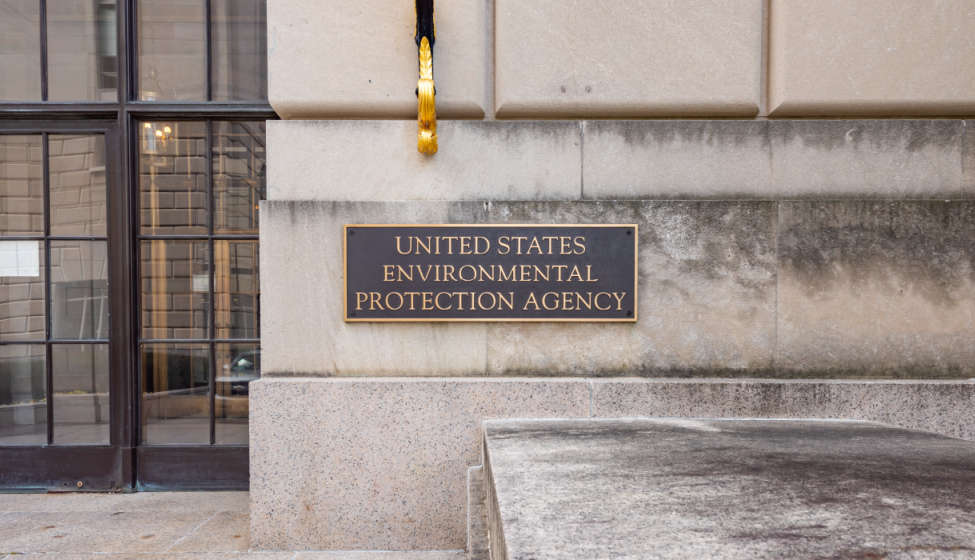March 11, 2022
New process restores opportunities for science peer review & strengthens the independence of SAB
On February 28, the U.S. Environmental Protection Agency (EPA) announced the implementation of a new process by which the Science Advisory Board (SAB) will assess the science that informs decisions regarding agency proposed rules. This action is intended to restore opportunities for science peer review and strengthens the independence of SAB, which was formed to review and provide advice and recommendations to EPA and Congress regarding proposed criteria documents, standards, limitations, and regulations for the protection of human health and the environment. SAB is involved in the development of standards and requirements imposed under the Clean Air Act, the Clean Water Act, the Resource Conservation and Recovery Act, the Safe Drinking Water Act, and the Comprehensive Environmental Response, Compensation, and Liability Act (i.e., Superfund).
The new SAB engagement process outlined in the memorandum is a departure from SAB's role put in place by the previous EPA administrator in February 2020.
SAB itself was largely overlooked by the agency for policy advice and regulatory review and significantly underfunded during much of the Trump administration.
The new process prioritizes early engagement with SAB, enabling the agency to benefit from the expert advice received from the board and ensure policy and regulatory decisions are made using the best available science.
The memorandum released jointly by EPA's Office of Policy, Office of Research and Development, and SAB Staff Office has support from the Biden administration. The new "Science Supporting EPA Decisions" process strengthens peer review by:
- Restoring SAB's role for conducting peer review of critical scientific and technical actions developed by EPA.
- Strengthening the independence of SAB and its role in the peer review needed for EPA decisions.
- Ensuring EPA considers and develops peer-reviewed science early in the rule-making development process.
- Ensuring the use of peer-reviewed science to inform decision-making.
- Providing regular updates and background materials for planned actions supporting the early involvement of SAB in the review process.
SAB's renewed position is intended to restore SAB as the agency's preeminent source for science and technical peer review. This change may have a significant impact as EPA addresses challenges to public health and the environment, including climate change, environmental justice, PFAS, children's health, air quality, water quality, and contaminated lands.
How Exponent Can Help
Exponent has been committed for over 50 years to the advancement of science and engineering innovations through the many technical services we have provided to clients and the scientific community around the world. We routinely support clients in evaluating and commenting on federal and state environmental rulemaking activities and in developing regulatory and compliance strategies that are consistent with best available science and applicable requirements. Our team of experts in chemical regulation and food safety, health, environmental, and polymer sciences, and chemical, electrochemical, mechanical, and civil engineering helps companies improve and verify their commitments to environmental protection and public health. We believe strongly that scientific knowledge is important to informing environmental, health, and safety policy and the decision-making process for society.


